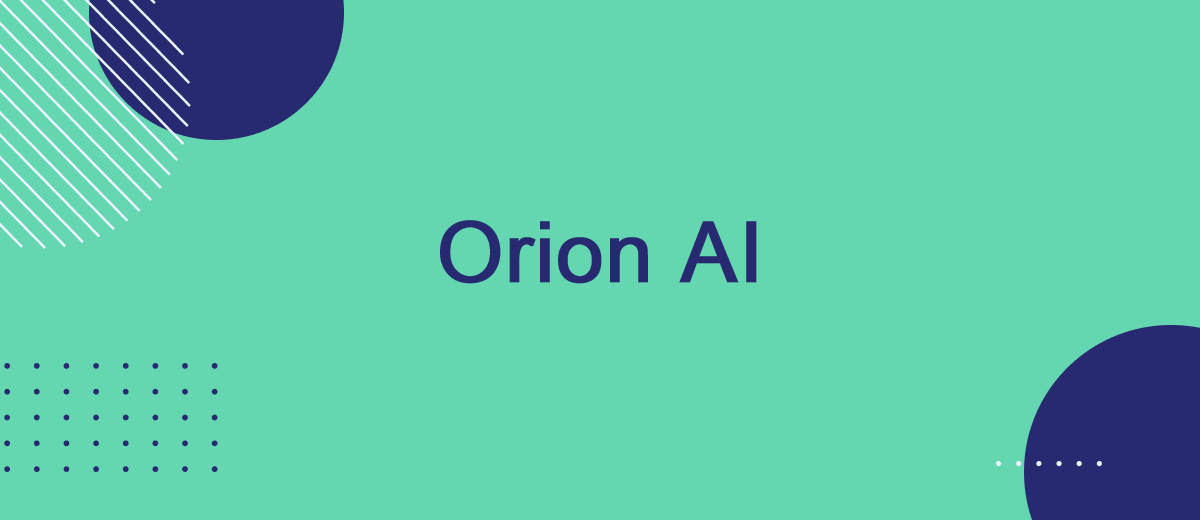OpenAI is running out of high-quality content to develop advanced AI models
A lack of sufficient high-quality content for training and funds might stunt the development of advanced AI models by OpenAI, Anthropic, and Google. Generative AI is quickly transitioning beyond text and image generation capabilities. Google, Anthropic, Microsoft, and OpenAI are on top of the AI food chain, but as it now seems, these companies are struggling to build more advanced AI models (via Bloomberg).

For instance, OpenAI was on the verge of making a significant milestone with its next-gen AI model, Orion, but failed to outperform its predecessors in critical areas. According to two people with close affiliations with the ChatGPT maker, the AI model failed to meet expectations when answering coding questions on which it hadn't been trained. Based on this premise, Orion isn't groundbreaking compared to OpenAI's GPT-4 or GPT-3.5 models.
The same issue is consistent across other big tech companies chasing the AI hype, including Google and Anthropic. For instance, Google's enhanced version of its Gemini AI chatbot isn't meeting the company's expectations. The same reason can be attributed to Anthropic's delayed release of its long-anticipated Claude 3.5 Opus.
Data Sources and Legal Issues
Generative AI heavily relies on data from the internet for training. While AI tools like Microsoft and ChatGPT are great at generating quick responses to queries, they are seemingly capped and unable to find new and untapped sources of high-quality content that can be leveraged to develop advanced AI systems. Publishers and authors have raised concerns about AI systems scrapping their content without consent or compensation for training.

Microsoft and OpenAI are fighting multiple copyright infringement lawsuits in court. OpenAI CEO Sam Altman admitted developing ChatGPT-like tools without copyrighted content is virtually impossible. The lack of adequate high-quality data isn't the only flaw limiting the development of advanced AI models. The high cost of building and maintaining the new models is also a significant deterrent.
Financial Challenges
Over the past few months, OpenAI was reportedly on the verge of bankruptcy, with projections of making $5 billion in losses. However, the ChatGPT maker emancipated itself through another round of funding, raising $6.6 billion from Microsoft, NVIDIA, and other key investors.
While the funding round pushed its market valuation to $157 billion, market analysts predict the ChatGPT maker isn't over the hump yet and could be looking at a $44 billion loss before seeing a profit in 2029, partly due to its multi-billion dollar partnership with Microsoft.

Following its extended lifeline through its latest round of funding, the ChatGPT maker is expected to become a for-profit venture within the next two years or refund the money raised by investors. It could lead to outsider interference and hostile takeovers, including the possibility of Microsoft acquiring OpenAI within the next 3 years.
Ongoing Challenges and Future Outlook
The move is already facing major setbacks, including a lawsuit filed by Billionaire and former OpenAI co-founder Elon Musk. The lawsuit cites a stark betrayal of the firm's founding mission and an alleged involvement in racketeering activities. Experts predict the move will also face backlash from employees, regulators, and the government.
It's unclear when OpenAI will ship its Orion model. However, it's reportedly in the post-training phase, which indicates the company is close to shipping it to broad availability. Despite OpenAI's relentless efforts, the AI model falls short of expectations, prompting the AI firm to postpone the model's release until early next year. OpenAI is potentially moving away from the traditional naming of its models, indicating a shift in strategy going forward.




















